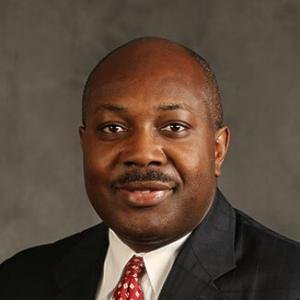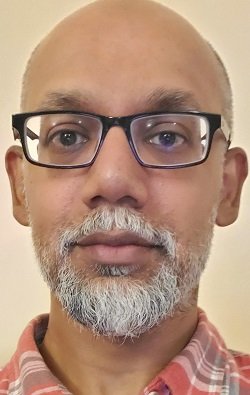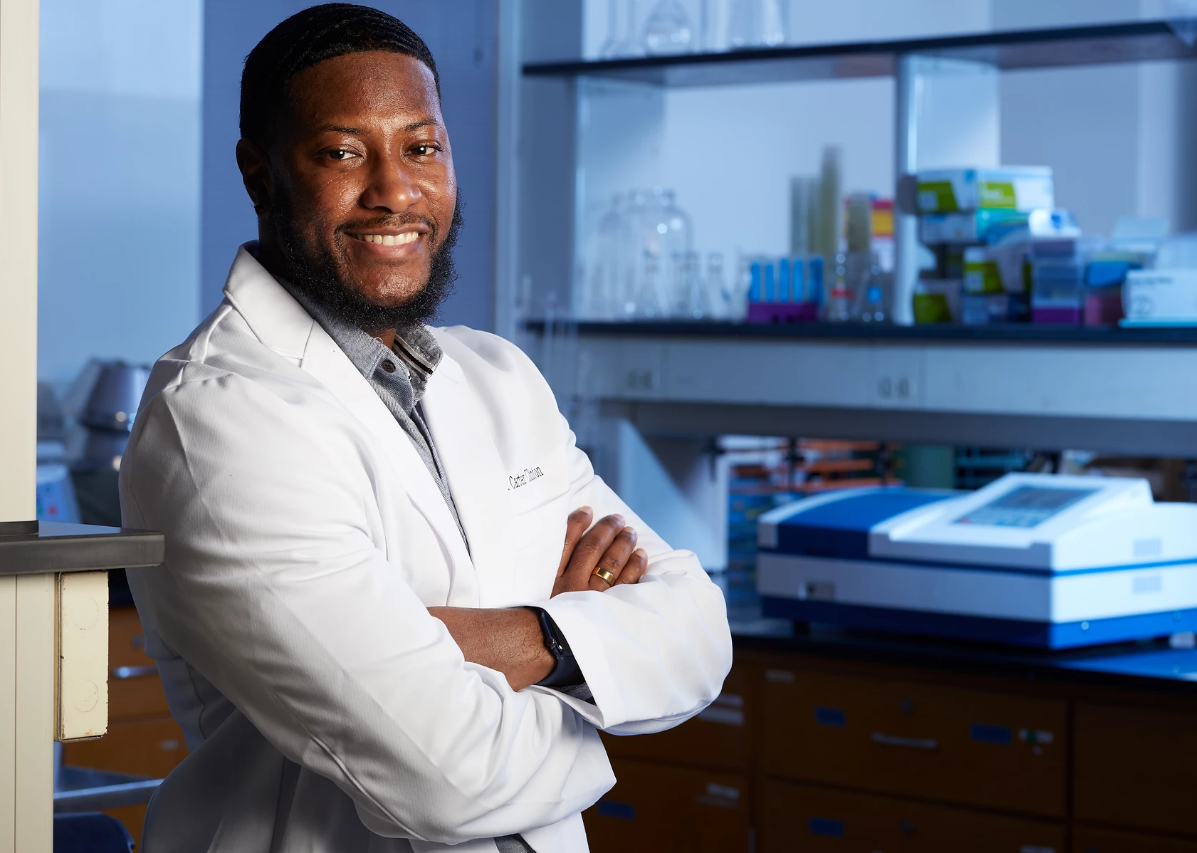Bridging the Diversity Gap in Biomedical Research: Physicians and Biomedical Scholars discuss the need for Diversity and Interdisciplinary Collaboration In Research.
This blog post is part of the 2022 series “The Future of Computational Social Science is Black” about SICSS-Howard/Mathematica, the first Summer Institute in Computational Social Science held at a Historically Black College or University. To learn more about SICSS-H/M’s inaugural start, read last year’s blog “Welcome SICSS-Howard/Mathematica 2021” or our first blog “Uncovering new keys to countering anti-Black racism and inequity using computational social science.” If you are interested in applying to participate in SICSS-H/M 2023, check out our website.
Despite many of our best efforts, the notion that quality research is, or should be, inherently interdisciplinary and diverse in its scholars is still a radical idea. It is at the core of the 2022 Summer Institute in Computational Social Science sponsored by Howard University and Mathematica (SICSS-Howard/Mathematica). Several of the event’s speakers come from a biomedical background, and their arguments illuminated the importance of diversity, interdisciplinary, and interprofessional collaboration within biomedical research. This blog reviews the discussion by those scholars. The models of research and education they presented address many longstanding and systemic issues that plague the healthcare field.
Dr. Anthony Wutoh PhD, R.Ph, Provost and Chief Academic Officer of Howard University, discussed the school’s new Center for Applied Data Science and Analytics during the Opening Plenary Q&A. The program advances interdisciplinary research collaboration, seeking to bridge the gap between more technical data science projects and the social sciences. The only catch is that all projects must be a collaboration between two schools within the university. The most recently approved projects for the center include collaborations between the College of Medicine and College of Pharmacy, the College of Medicine and the College of Arts and Sciences, and the College of Arts and Sciences and the Graduate School. Dr. Wutoh believes that this model could be essential for promoting healthcare, criminal justice, social work, and even economic reform. He explained that “social justice is part of the DNA of Howard.” His hope is that the new center will help strengthen students' expertise in computational data science and analytics to make a stronger social impact throughout their careers.
Dr. Wutoh made clear that diversity of thought and opinion is essential to overcoming inevitable bias in research, regardless of how otherwise well-intended a study may be. This diversity should come from varied disciplines that bring specialized ways of thinking and problem solving, as well as diversity in the lived experience of individual researchers who each bring a unique perspective to the questions being asked. This point echoes the argument made in the opinion piece: “A lack of diversity in research and analytics is not just unethical — it is dangerous,” written by Wayne A.I. Frederick MD, president of Howard University, and Paul Decker, president and CEO of Mathematica. Their article, featured in the Hechinger Report, further explores the harmful impact of implicit bias starting with the research process all the way to policymaking that lacks diversity in its decision makers.
The argument is furthered by Yahya Shaikh MD, MPH, a physician and researcher at MITRE corp. Dr. Shaikh discussed the FAIR Framework during a segment entitled “Interrogating Data Collection Methods Focused on African and African Descendants: Challenges and Opportunities.” He explained how research is subjective to the lens of the people conducting it. Good theoretical research may have no real world impact when the questions being asked aren’t addressing the actual concerns of the people it intends to help. This concern led to the development of the FAIR Framework. FAIR stands for Fairness, Agency, Inclusion, Representation and is a systematic framework designed to facilitate inclusive community-focused research on issues such as health, poverty, and education. Dr. Shaikh explained how the FAIR Framework serves as a tool for “narrative construction” by affording people of affected communities the agency and voice that is so desperately needed in the research process. In his words, “reality is constructed through a set of relationships between the individual and their environment.” An unaffiliated researcher cannot understand reality for another group of people. Thus, bringing “knowledge bearers,” people from the community who can speak on their community’s behalf, into the research process provides a better understanding of that community’s experience. In medicine, this approach could be transformative in addressing the health crises that disproportionately affect minority communities. Dr. Shaikh provided the example of the “diabetes belt” - the distribution pattern of diabetes along historically slaveholding counties. Applying a FAIR model to the investigation of this disease and how it is impacting these people would better tailor researcher work to the needs of the community.
During a SICSS-H/M round table called Personal Experiences of African Americans in the Academy, Carter Clinton, PhD, a postdoctoral scholar and genetic anthropologist at Penn State University, made the point that research often misses the mark on what the public needs from it. This follows suit with Clinton’s primary takeaway which emphasizes the need for an accurate and meaningful narrative of the Black community. The key to accomplishing that goal is having Black scholars involved in the research and speaking as representatives of the Black community. Dr. Clinton summed it up perfectly, “It’s really important to have our stories told by people who look like us, from voices that sound like ours, [and] from people who share these same grounded cultural experiences.”
The speakers in these panels made it unquestionably clear that the way forward is through greater diversity, greater inclusivity, and greater collaboration. It appears a symmetrical shift is slowly occurring in the medical field as well. There seems to be a growing recognition and appreciation for the value and importance the social sciences can have on the healthcare system and the health outcomes of individuals. The Medical College Admissions Test is an example. A social science section is a recent addition to its otherwise technical, science heavy topics. Many schools are also requesting applicants take at least one social science course and even medical schools across the country have begun to include integrative approaches to their curriculum. Beyond recognition, it feels as though there is the potential for action surrounding the many social determinants of health. Where you live, the job you have, the education you receive, and so much more all have a profound impact on your physical, and psychological, health. Having a physician who relates to you, who has experienced the same hardships as you, and who has grown up with the same culture as you can all make an incredible difference in your care.
Diversity in any field is vital, and medicine is no exception. Understanding the true impact of disease and illness requires a greater understanding and representation of the people it affects. As usual, Howard University is on to something… perhaps it's time for a SICSS profession-focused site on biomedical research similar to that of the Public Policy site in West/Central Africa or the SICSS-Law site hosted by Maastricht University. If founded by Howard, it could be an essential first step in bringing this much-needed diversity into medical research.
For more information about SICSS-Howard/Mathematica, check out our website, follow us on Twitter, like us on Facebook, and join our email list. Apply now!
About the authors
Naniette H. Coleman is a PhD candidate in the Sociology Department at the University of California, Berkeley and a UC-National Lab In-Residence Graduate Fellow (Los Alamos National Lab). Her work sits at the intersection of the sociology of culture and organizations and focuses on cybersecurity, surveillance, and privacy in the US context. Specifically, Naniette’s research examines how organizations assess risk, make decisions, and respond to data breaches and organizational compliance with state, federal, and international privacy laws. Since 2016, Naniette has directed the AAC&U award winning Interdisciplinary Research Group on Privacy/Coleman Research Lab at Berkeley. Naniette holds a Master of Public Administration with a specialization in Democracy, Politics, and Institutions from the Harvard Kennedy School of Government, and both an MA in Economics and a BA in Communication from the University at Buffalo, SUNY. A non-traditional student, Naniette’s prior professional experience includes local, state, and federal service, as well as work for two international organizations, and two universities.
Frankie Colosimo is a second year medical student at the Kirk Kerkorian School of Medicine at the University of Nevada Las Vegas and a graduate of the University of California, Berkeley (BA Psychology). During her undergraduate career, Frankie served as a research assistant and lab manager in the AAC&U award-winning, Berkeley based Interdisciplinary Research Group on Privacy/Coleman Research Lab for 2 years.





